Blog
-
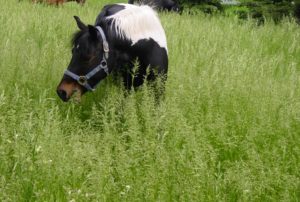
Lyme Disease in Horses
Ticks can transmit a number of disease-causing organisms to horses, including Lyme disease. Lyme disease is caused by the bacterium Borrelia burgdorferi. Many horses are exposed to this organism throu...
-
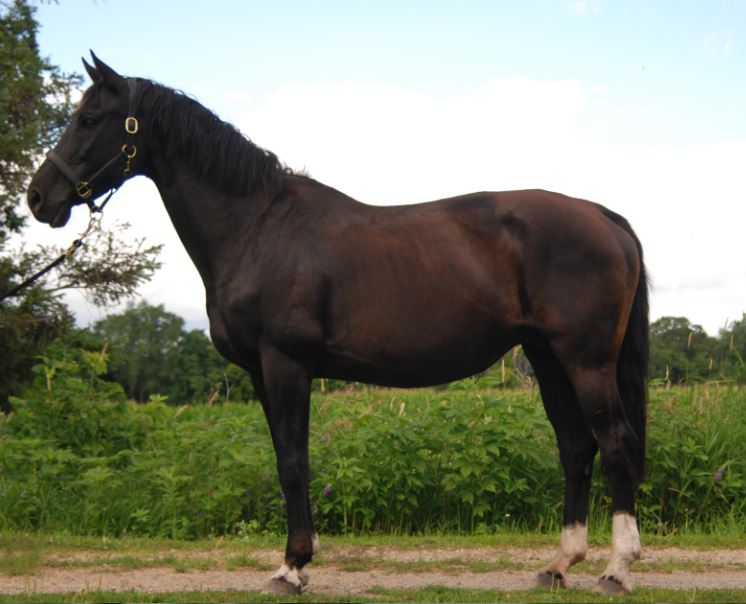
Avoiding a Hay Belly
Willow has had 4 foals, and as a result, tends to show characteristics of a hay belly. As equine nutrition experts, we have often heard “my horse has a hay belly, what should I do differently?&#...
-
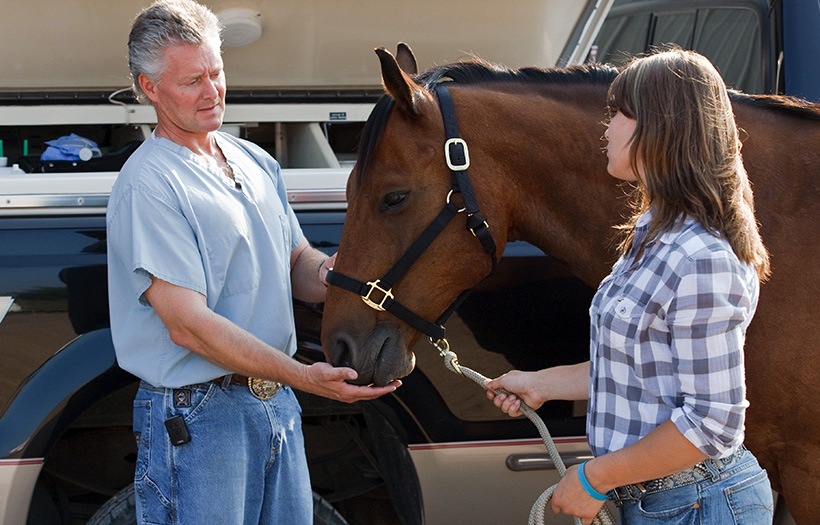
Quidding – More Than Just a Funny Word
If you've walked by your horses feeding area or water trough and noticed slimy balls of half chewed food laying on the ground, your horse may be quidding. Quidding is a response to mouth pain in which...
-
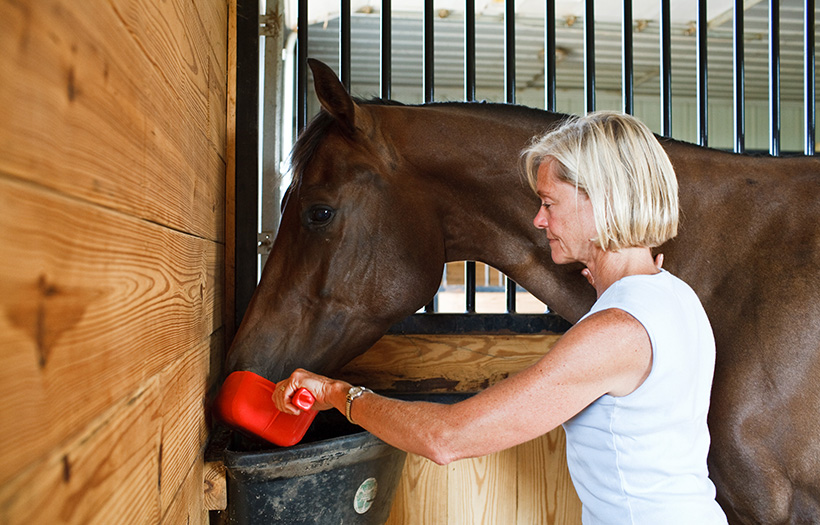
Feeding the Hard-Keeper Horse that has Ulcers
A horse that is a hard keeper may require more Calories per day to maintain body condition than an easy keeper doing the same work. One way to help this horse will be to feed high quality forage tha...
-
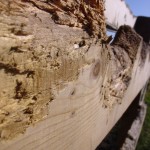
Cribbing in Horses: Everything You Need to Know
Cribbing, the process of a horse biting down on a stationary wooden structure, applying pressure and then breathing in deeply, can be destructive to more than just your barn and stalls! While cribbing...
-
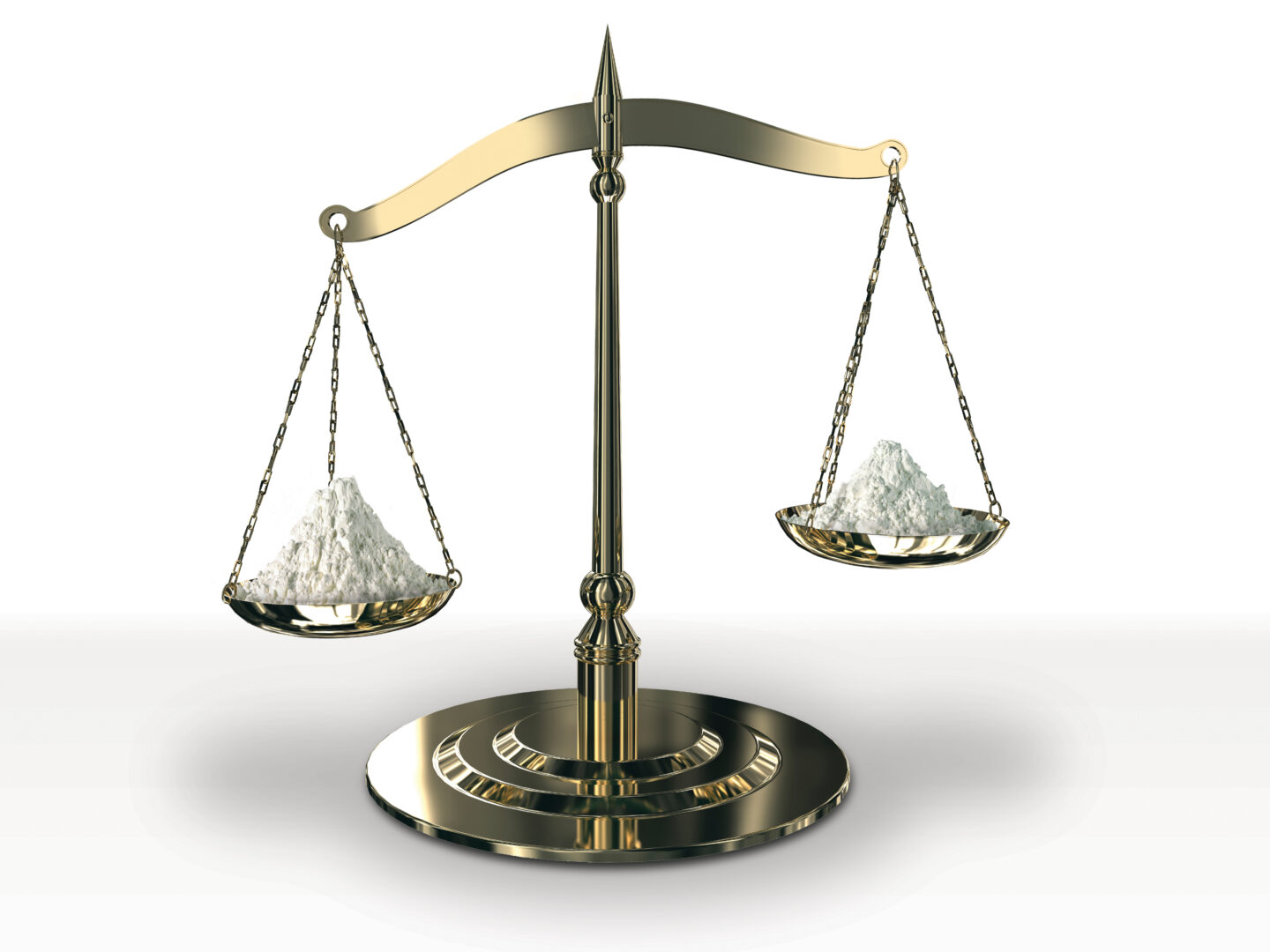
Starch Levels in Feed
Starch plays a significant role in a horse’s overall diet. After (hopefully) warming you up to the idea of how useful this nutrient can be, I’d like to now dig in to how you can compare ...
-
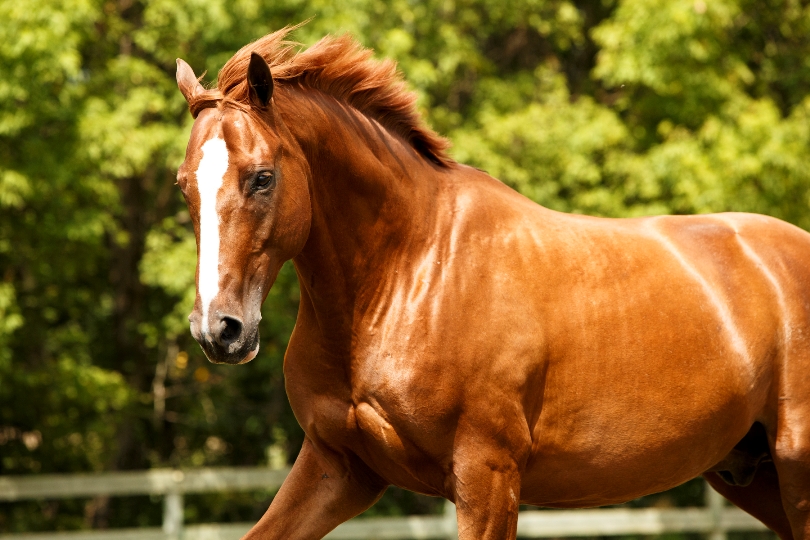
Feeding HYPP Horses
HYPP horses need low potassium diets when compared to “normal” horses – less than 1% potassium in total diet including hay + grain. But, a percentage in a feed is really only a pe...
-
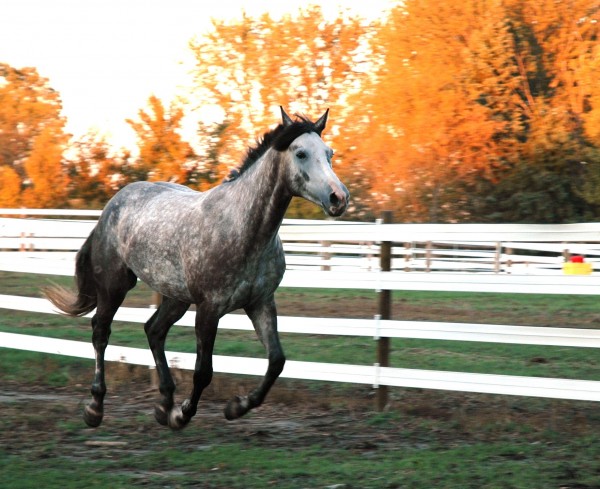
Feeding “George”: A Polysaccharide Storage Myopathy (PSSM) Horse
Previously, I introduced you to George, my “Heinz-57” PSSM positive horse. Though his test results came back positive for Type 1 PSSM, his diagnosis does not mean his athletic career...
-

Hay Soaking: All Washed Up or Good Management?
This article is courtesy of Krishona Martinson, PhD, University of Minnesota. Soaking hay in water is a common strategy used to manage the nutrition of some diseased horses. Current hay soaking ...
-
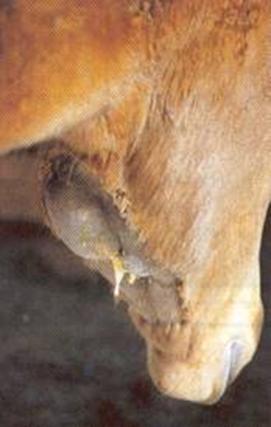
My Horse Doesn’t Feel Good, What Should I Feed It?
There are a number of potential illnesses which can cause horses to go “off feed” for varying periods of time. Upper respiratory issues, such as strangles and influenza, may cause th...
-

Meet “George”: A Polysaccharide Storage Myopathy (PSSM) Horse
I’m proud to introduce you to George, a “Heinz-57” draft cross, and my current equine partner. He is the result of a ½ Thoroughbred, ½ Percheron (dam) x ½ Hanoverian, ½ Pai...
-
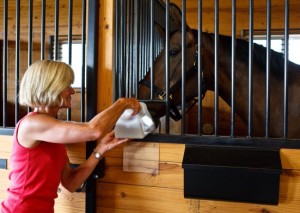
Managing The Horse With Cushing’s
The vet has diagnosed it and the reality begins to sink in, your horse has Cushing’s disease. Now what? Cushing’s is an endocrine disease caused by a tumor on the pituitary glan...
-
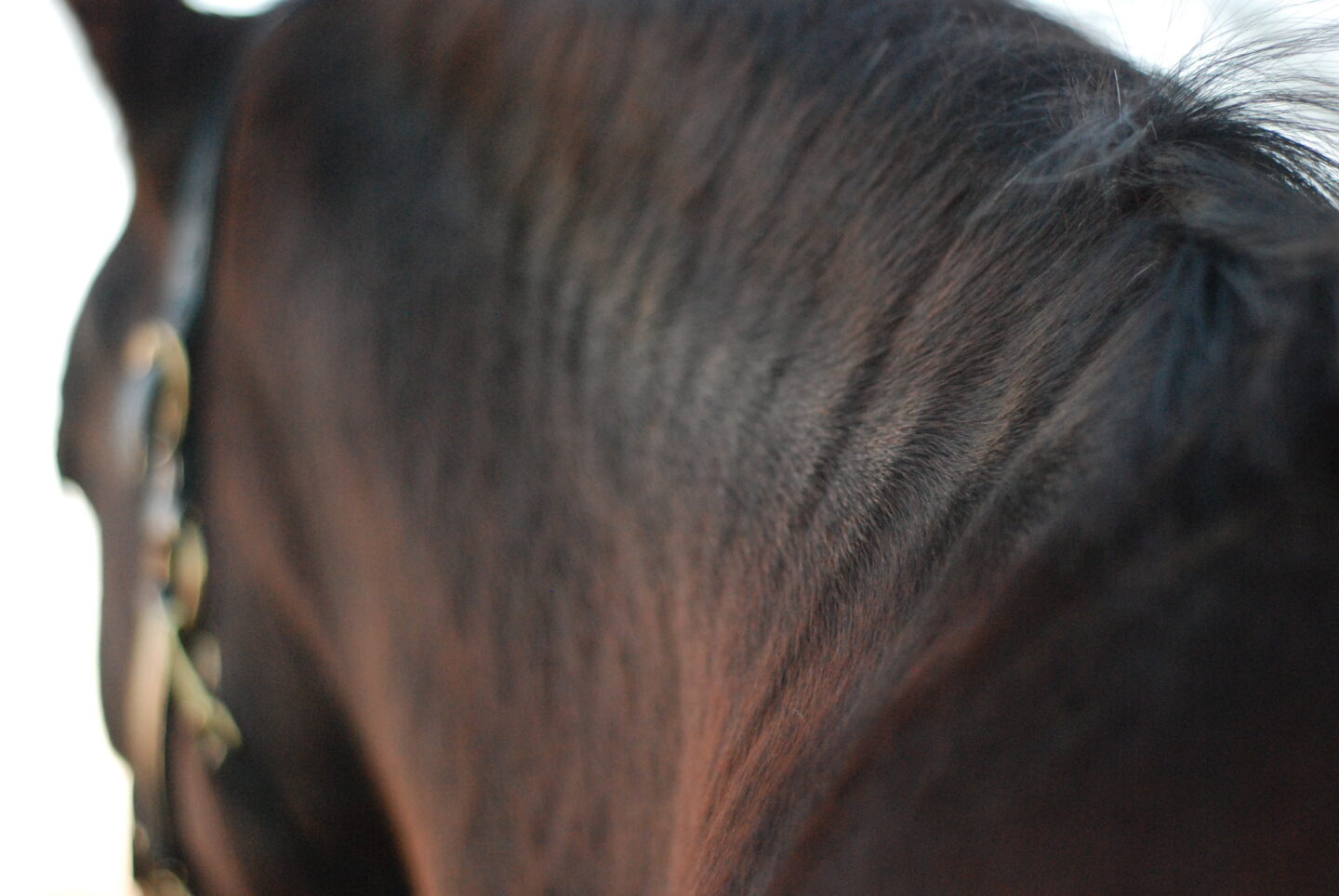
Prevention and Management of EMS in Horses
Crinkles on Toby’s neck are evidence of his ‘overweight’ status There is no treatment or cure for Equine Metabolic Syndrome (EMS), so taking preventative measures though diet and exe...
-
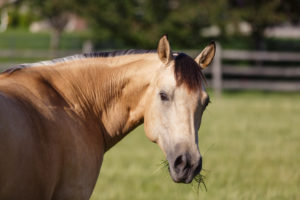
What is Equine Metabolic Syndrome (EMS)?
EMS is a hormonal disorder in horses, similar to metabolic syndrome in humans, that is characterized by obesity, insulin resistance, and abnormal fat deposits, which can predispose affected horses to ...
-
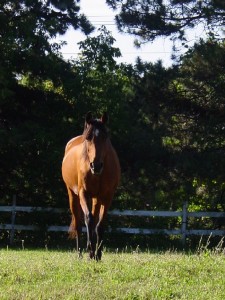
Feeding Tips for Horses with Laminitis
With some adjustments your laminitic horse can lead a happy balanced life. Learn some feeding tips that will help him while on the road to recovery....
-
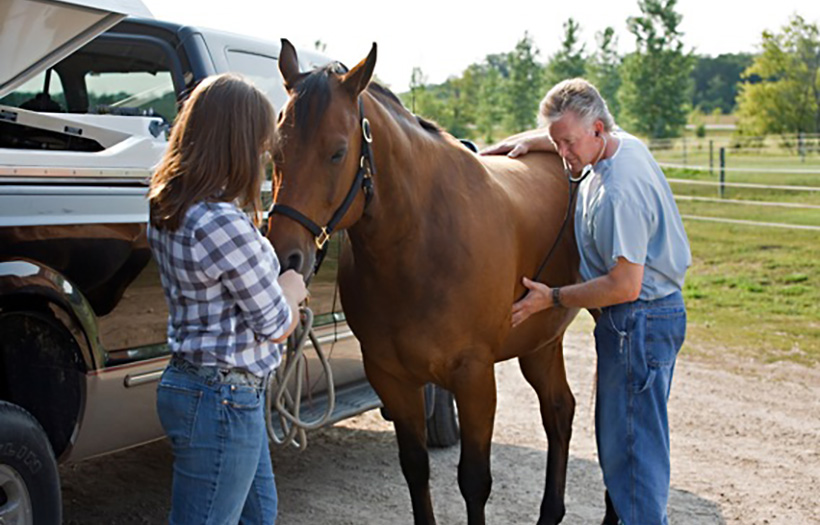
What is “Normal” for my horse?
We've all heard the warnings for proper horse care: monitor your horse frequently, and if something is not normal, call your veterinarian. But what is "normal" for your horse? While it is a good idea ...
